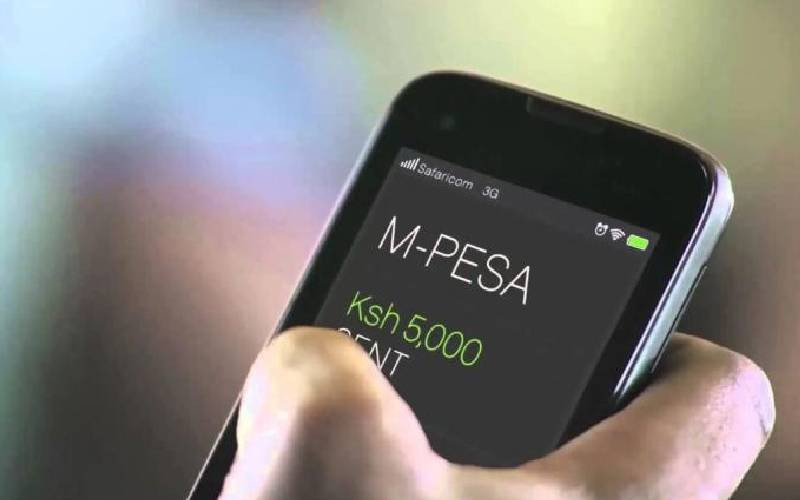×
The Standard e-Paper
Home To Bold Columnists

Two weeks after his inauguration, President William Ruto made good on one of his campaign promises to bring down the cost of digital loans with a special emphasis on Safaricom's Fuliza overdraft facility.
After a series of meetings and a hurriedly scrambled press briefing, Safaricom, NCBA and KCB Bank announced the restructuring of Fuliza starting October 1, 2022.